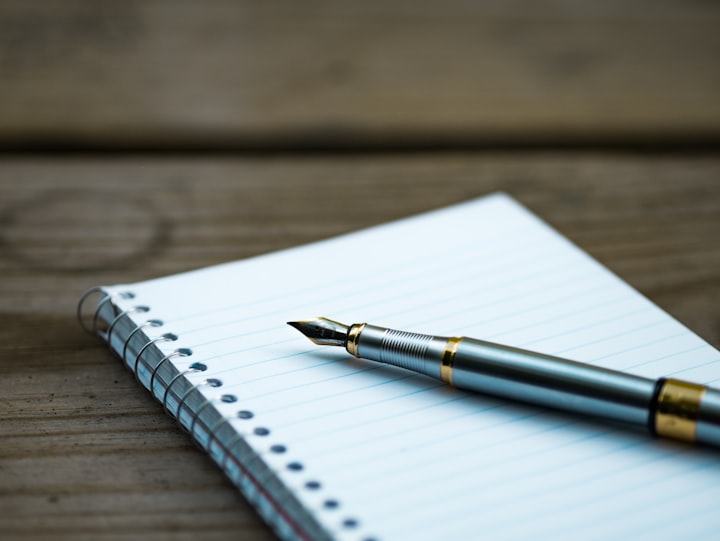
The woman plays the beautiful harp with a gentle arpeggio and according to researchers studying the effects of music on recovery, Moran controls heart rate, respiration, and blood pressure. According to a study presented at the American College of Cardiologists 2020 conference, listening to music daily for 30 minutes a day can reduce the levels of pain and anxiety in patients who have survived a heart attack.
In hospitals throughout the country, music therapy is used to relieve a patient's pain, lower blood pressure, and reduce anxiety and depression. The Mayo Clinic has found that doctors use music to lower people's heartbeat and lower their blood pressure. Temporary music therapy was considered a valid addition to depression, anxiety, and chronic pain and was used to treat patients with Parkinson's and Alzheimer's.
A 2017 study found that music therapy helped reduce anxiety in patients receiving radiotherapy. Music therapy connects patients with memories, organizations, and thoughts from the point of view of emotional healing. It helps to relax and helps patients healthily deal with their emotions. Participants in a study of adults who were treated for substance abuse reported that music therapy enabled them to feel the emotions needed to stop using drugs.
Music therapy, the use of the clinic as a tool for achieving therapeutic purposes, is an evidence-based practice that uses musical power to improve the quality of life of people with the disease. Music therapy can help people with a variety of ailments, from chronic headaches and chronic pain to reducing post-operative stress. Music is also considered an art therapy to reduce anxiety, depression, depression, mental illness, and stress.
Earlier this year, MNT reported on a study by Brunel University in the UK that suggested that music could reduce pain and anxiety in patients undergoing care. Analyzing 72 randomized trials with more than 7,000 surgical patients, the researchers found that those who played music before and after their procedure felt less pain or anxiety than those who did not listen to music and were less likely to need pain medication.
In a study of patients who had undergone lung cancer surgery, patients who received pre-and post-surgical music treatment reported low back pain, low blood pressure, heart rate, and anxiety. In addition, terminally ill patients in Australia had less anxiety, pain, and drowsiness after a single music treatment than those who did not listen to music (Journal of Palliative Medicine, May 2008).
A 2013 study found that listening to music reduced not only pain and anxiety in children at Great Ormond Street Hospital in Britain, but also depression regardless of social conditions. In 2013, a small Turkish study of 40 people found that visual-guided music therapy reduced anxiety levels in patients undergoing chemotherapy. Music therapy has also been shown to increase the effectiveness of anti-nausea drugs in patients receiving chemotherapy and to reduce pain perception.
All forms of music, whether human, film, musical instruments, worshiper, and other spiritual music or slokas, have their own therapeutic effect on the mind, body, and soul. Listening to music can lead to specific biological changes such as heart rate, blood pressure, and cortisol levels.
Music, including drums, dance, and band movements, can enhance the negative effects of Parkinson's disease. For patients with Alzheimer's disease, it can help to sing and listen to music to improve mood, recall old memories, and improve normal thinking processes.
He had a few simple musical tips that people can follow to deepen their emotions, improve concentration, improve memory, and can fight depression, and embrace happiness. He also showed how he uses his great power to heal music at home.
For example, a 2013 study by Korean researchers found that patients with epilepsy who had pre-stroke communication problems improved their speech skills after a month of neurological therapy. Julie Guy of the California Therapy Center of California notes that it is easy to remember numbers when you sing them when you speak, but warns that you will never forget them. Tim uses the benefits of music therapy for children with autism, cancer patients, children and adults with developmental disorders, people with Alzheimer's patients, and hospice.
Pearl cares for mentally ill patients at a local hospital, works with adults with a progressive disability individually, leads memory teams for older adults with dementia, and runs music therapy sessions at local hospitals.
Music therapy works with individual clients to achieve results and the Arts and Humanities Program at Georgetown Lombardi Comprehensive Cancer Center allows artists to perform during their hospital stays. Singer Vaibhav Verma, who started playing the ancient tabla 11 years ago after studying at the ancient Akla Khan tabla, shared the healing power of the ancient music he gained at the beginning of his music career. This trend does not prevent us from donating World Music Day, an annual celebration of music lovers, organizing free concerts and other music events in neighboring parks and open spaces so that everyone can learn one of the many musical benefits of healing minds, bodies, and souls.
Journalist Richard Schiffman begins with the experience of a patient receiving MT music therapy after radiotherapy and then reviewing the various settings used.
The healing power of music has been praised by such philosophers as Aristotle, Pythagoras, and Pete Seeger and has been used to treat asthma, autism, depression, and other brain ailments such as Parkinson's, Alzheimer's, epilepsy, and stroke. Music therapy can also improve heart and respiratory levels, anxiety, and pain in cancer patients. A patient admitted to a hospital in Helsinki, Finland, who suffered stroke from a stroke, listened to recorded music for at least an hour a day.
About the Creator
Dip Rai
I am a content writer and love to Code.





Comments
There are no comments for this story
Be the first to respond and start the conversation.